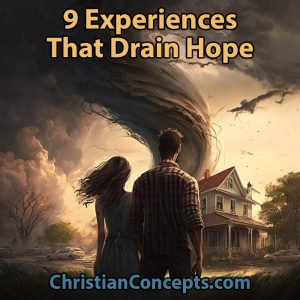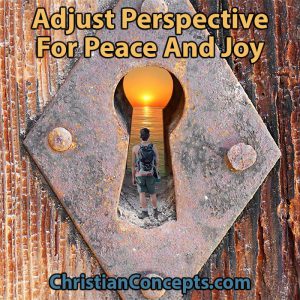Hope for the Days You Feel Unseen, Unworthy, or Not Enough
I’ve come to believe that salvation doesn’t just lead to eternity—it begins it.
It’s not a future reward for a present decision. It’s the unfolding of something already decreed, already alive, already rooted in the eternal purposes of God. Ephesians 1:4 says He chose us in Christ before the foundation of the world. That means my salvation didn’t start with me—it started with Him.
I am already an eternal being—not because I chose to be, but because God says I am. That’s not presumption. That’s faith. 2 Timothy 1:9 reminds me that grace was given “before the ages began.” My identity is not something I earn or maintain. It’s something I receive.
And I trust that it’s not up to me. Because I know myself. I will always fall short. I will always doubt, stumble, forget, and fail. If salvation depends on my grip, I’m lost. But if it depends on God’s grip, then I’m held.
Philippians 1:6 says He who began a good work in me will bring it to completion. That’s the kind of promise I can rest in. That’s the kind of God I can trust.
So when I say “salvation begins eternity,” I mean:
It’s not just a rescue. It’s a rebirth.
It’s not just a future. It’s a present reality.
It’s not just a hope. It’s a declaration—spoken by the One who cannot lie.
And that’s amazingly good news.
Already Eternal: When You Can’t Feel It
But let’s be honest: sometimes eternity feels distant. Sometimes salvation feels like a theological idea instead of a living reality. Sometimes we wake up discouraged, bored, or quietly hopeless—wondering if anything in our lives is actually changing.
You might know the verses. You might believe the doctrine. But you still feel stuck.
Stuck in the same routines.
Stuck in the same weaknesses.
Stuck in a life that feels small or unimpressive.
And in those moments, it’s easy to think, Maybe God isn’t using me. Maybe I’m too ordinary. Maybe I’ve missed something. Maybe I’m not enough.
But that’s exactly where the truth that “salvation begins eternity” becomes more than theology—it becomes oxygen.
Because if salvation is the beginning of eternity, then eternity is already in you, even when you don’t feel eternal. God’s life is already at work in you, even when you feel lifeless. His purposes are already unfolding, even when your circumstances look painfully ordinary.
Eternity doesn’t begin when you feel spiritual.
Eternity doesn’t begin when you overcome your weaknesses.
Eternity doesn’t begin when you finally “get it together.”
Eternity began the moment God set His love on you—long before you took your first breath.
Already Eternal: God Works in the Places We Overlook
Discouragement often comes from believing that God only works in dramatic moments — the big calling, the big breakthrough, the big transformation. But Scripture shows us a God who delights in working through the small, the hidden, the overlooked.
- A shepherd boy in a field.
- A widow with two coins.
- A mustard seed.
- A stable in Bethlehem.
God’s eternal purposes rarely look impressive at first glance. They look ordinary. They look slow. They look like nothing is happening—until suddenly everything is happening.
Faith is recognizing the unseen reality God has already established. So if your life feels quiet, unimpressive, or directionless, that doesn’t mean God is absent. It means He is working in the same way He always has: faithfully, patiently, eternally.
Already Eternal: When You Feel Not Good Enough
One of the deepest lies discouragement whispers is this: God is disappointed in you.
But salvation that begins eternity means God didn’t choose you because you were impressive—and He doesn’t keep you because you’re consistent. He keeps you because He is faithful.
Your weakness doesn’t threaten His plan.
Your doubts don’t cancel His promises.
Your failures don’t undo His calling.
If anything, your insufficiency is the very stage where His sufficiency shines.
Already Eternal: Hope for the Discouraged Heart
So if you feel like your life is going nowhere, hear this:
Eternity is already going somewhere—and it’s carrying you with it.
If you feel like God has no use for you, remember:
He chose you before the world began. He doesn’t make meaningless choices.
If you feel like you’re too broken, too inconsistent, or too ordinary, remember:
God’s eternal work is often invisible before it becomes undeniable.
Salvation doesn’t just secure your future.
It anchors your present.
It steadies your heart.
It breathes hope into the places where you feel stuck or forgotten.
Eternity begins the moment we entrust our lives to Him—and we taste it every time we surrender to His truth.
































